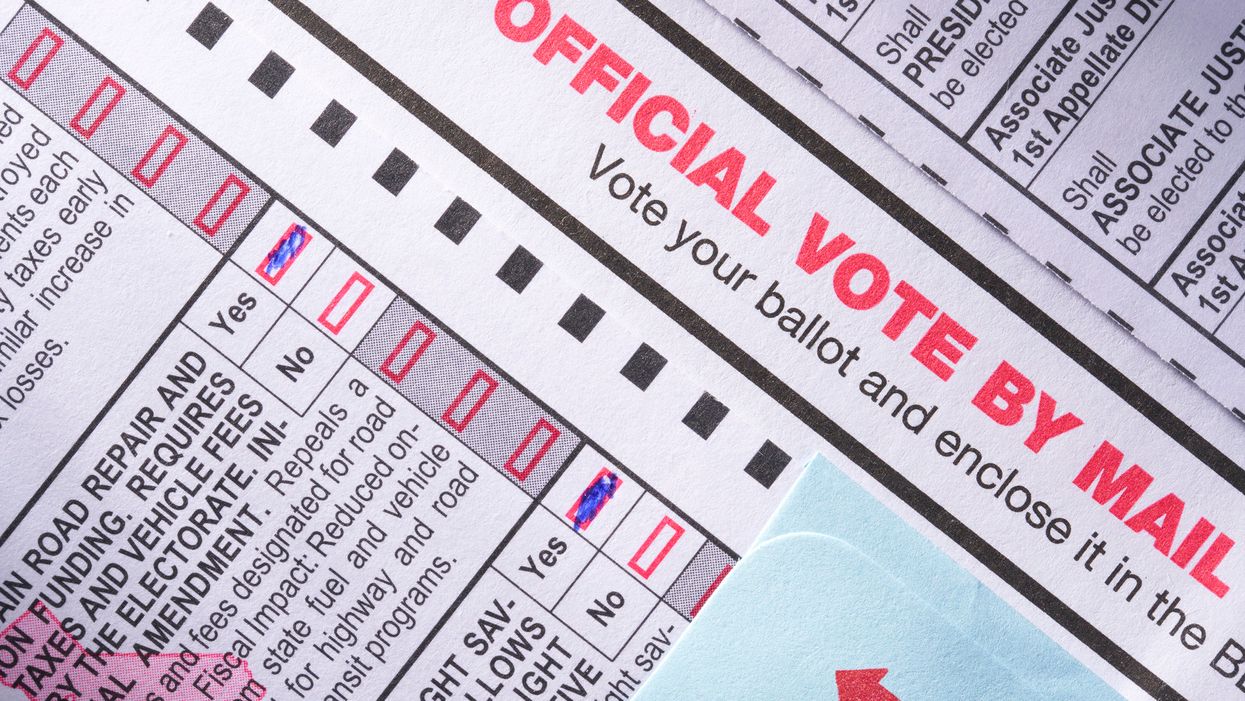Democrats' strategy of using the courts as another front in this year's campaign has paid off again — this time in Georgia, where the state has agreed to back off its aggressive rejections of mailed ballots over signature problems.
Settlement of a lawsuit brought by the party marks the third big victory for the Democrats' strategy of spending tens of millions suing for voting rights in 2020 presidential or congressional battlegrounds, compelling the Republicans to set aside at least as much defending state laws and regulations their opponents say are all about ballot suppression.
Other recent victories include getting rid of South Carolina's requirement that people reveal their entire Social Security number on voter registration applications and making it easier in Michigan for college students to vote at the campus where they attend school.
Pending cases challenge rules that put Republican candidates on the ballot first in several states and ones that forbid straight-ticket voting.
Democratic congressional campaign committees and the state Democratic Party filed the Georgia lawsuit last fall, arguing the state laws governing the process of matching signatures was unconstitutional.
Democratic officials said 68,000 voters nationwide had their ballots rejected in 2018 because an election official, who had received no training, concluded the voter's signature on the ballot return envelope did not match a signature on file.
In many cases, people were never notified their votes had been tossed — or if they were, it happened long after the election — thus denying them the chance to challenge the rejection.
Under the settlement, filed Friday, the state Election Board will adopt a new rule requiring officials to notify voters by mail, email or telephone if their absentee ballots have been rejected — by the next business day if the rejection occurs close to Election Day.
Regarding signature matches, the settlement calls for local election officials to try to match the signature on the ballot envelope with all of the signatures for that person on file. If none are thought to match, the election official must get two other election officials to agree with that judgment before the ballot can be rejected.
Finally, election officials in Georgia agreed to consider including in their election training materials new guidelines for comparing voters' signatures, to be drafted by the handwriting expert hired by those filing the lawsuit.
The Democratic groups also settled a related suit filed against Gwinnett County over the absentee ballot envelope's design. The text on the envelope was small and hard to read, causing people to make errors that disqualified their votes.
Under the settlement, the county adopted a new ballot envelope design which is easier to read.




















Trump & Hegseth gave Mark Kelly a huge 2028 gift